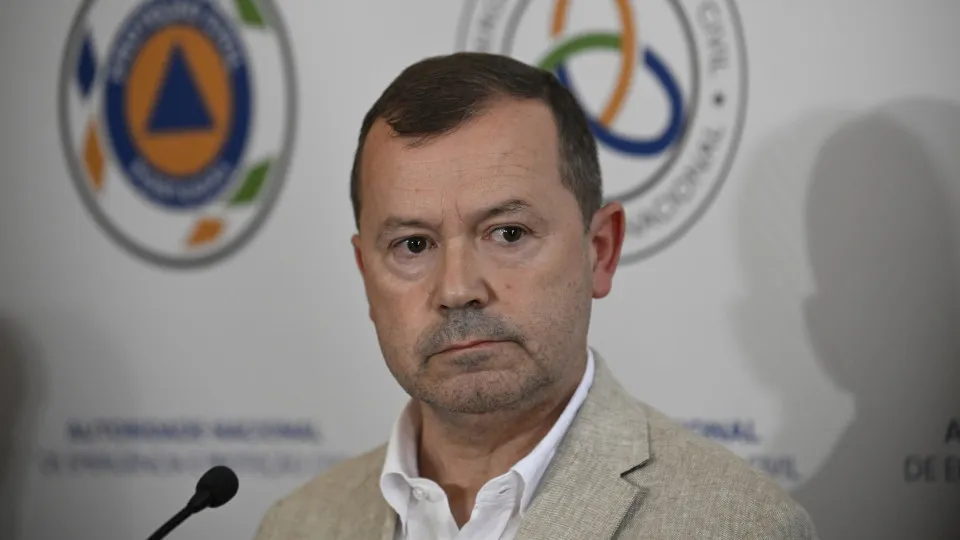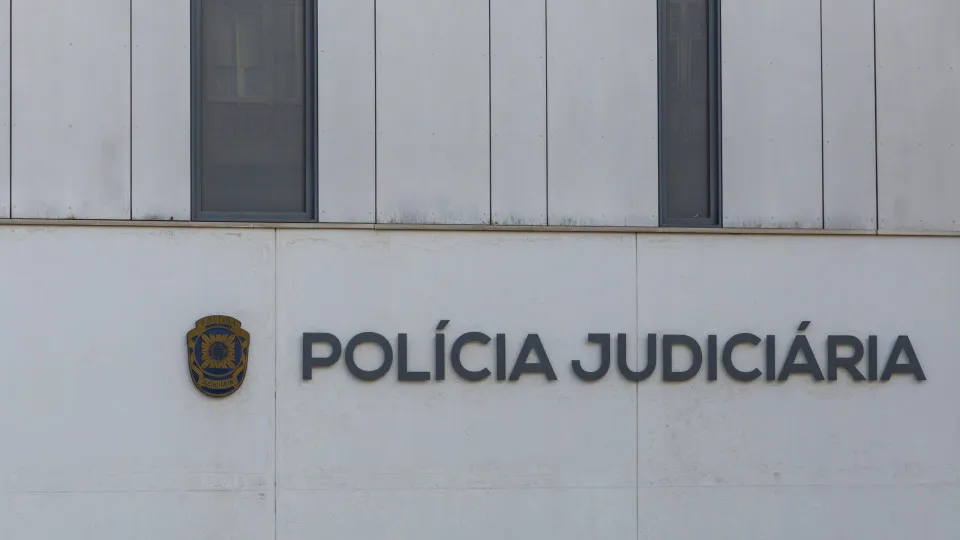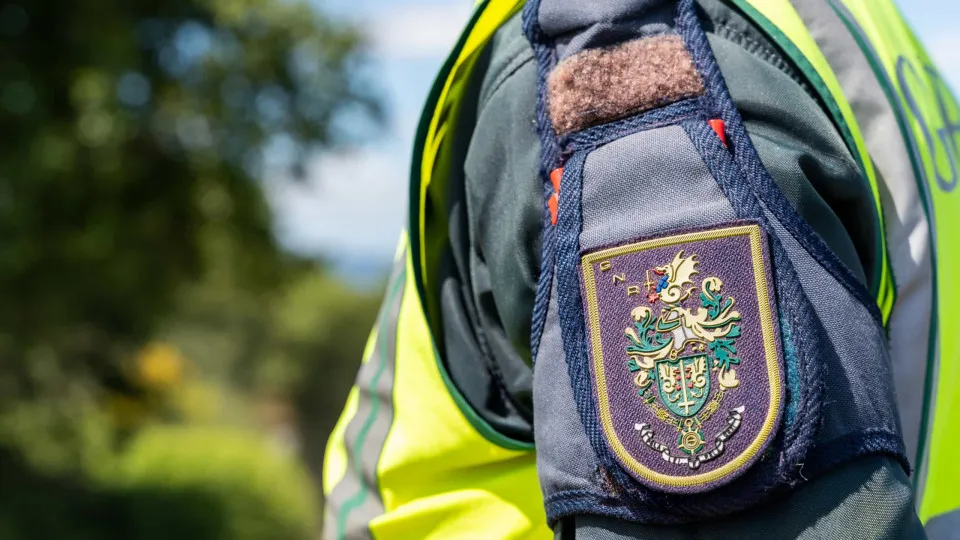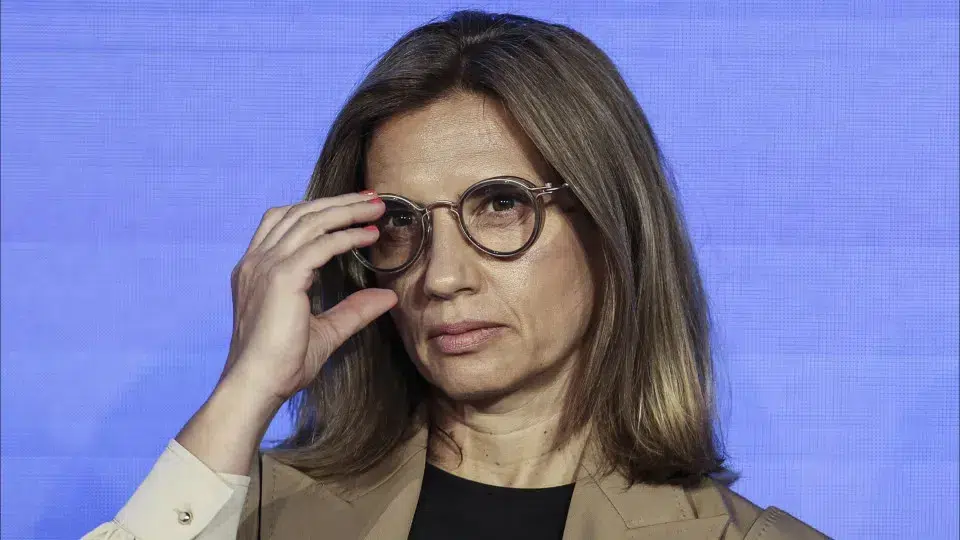
In an interview, Rui Rocha stated that “the objective is to have a new organic law for the National Authority for Emergency and Civil Protection (ANEPC) approved by the end of the year, incorporating some changes stemming from a different approach to the current model, which this summer underscored the need for such alterations.”
The official indicated having “reports that this organizational model may, in some cases, not have facilitated a more agile response” to this year’s fires.
When asked if the current territorial division of the Civil Protection system, executed by the PS Government and involving the replacement of the 18 district commands with 24 sub-regional emergency and civil protection commands, will end, the State Secretary responded: “Our goal is for the organic law to allow the authority to be implemented across the national territory to provide the best operational response.”
However, he maintained his criticism of this division, noting that he does not wish to “undermine those who implemented this sub-regional organizational model.”
“What matters is understanding, from an operational perspective, which model can best respond to a range of issues related to today’s demographic realities, the availability of firefighters, and the territorial realities that, in some cases, were divided by historically conceptualized divisions,” said Rui Rocha, who was president of the humanitarian association of firefighters in Ansião (Leiria) before joining the Government in June.
According to the official, the new organic law of ANEPC must meet two objectives: addressing territorial dimensions and fulfilling “an old demand of the firefighters” to ensure command.
The Portuguese Firefighters League (LBP) has as its primary and longstanding demand the creation of an independent firefighters’ command within ANEPC.
When asked if firefighters will have this unified command, Rui Rocha replied: “What we are designing in an organic law, I believe, is an interesting model and solution that could fulfill its purpose, reflecting its territorial scope and enhancing the involvement of firefighters in command aspects.”
The State Secretary also stated that these changes need to be implemented during the winter to avoid the fire season.
In the interview, Rui Rocha mentioned that the assessment of this year’s rural fires, which burned almost 270,000 hectares and lasted for several consecutive days, will be carried out “at the right time,” noting that the Special Device for Combating Rural Fires (DECIR) is still active.
“With the device still in full operation, I don’t think it makes sense to conduct an evaluation now,” he said, highlighting that “the government is the primary party interested in conducting this evaluation” to improve where changes are needed.
Rui Rocha added that ANEPC is gathering all the necessary elements and assured that a “serious and responsible evaluation” will be conducted.
“We must also be aware of this year’s circumstances. I have heard those criticisms and reports. I’m not sure if it was a lack of coordination; we’ll have to analyze the timeline and understand the various situations,” he said.




